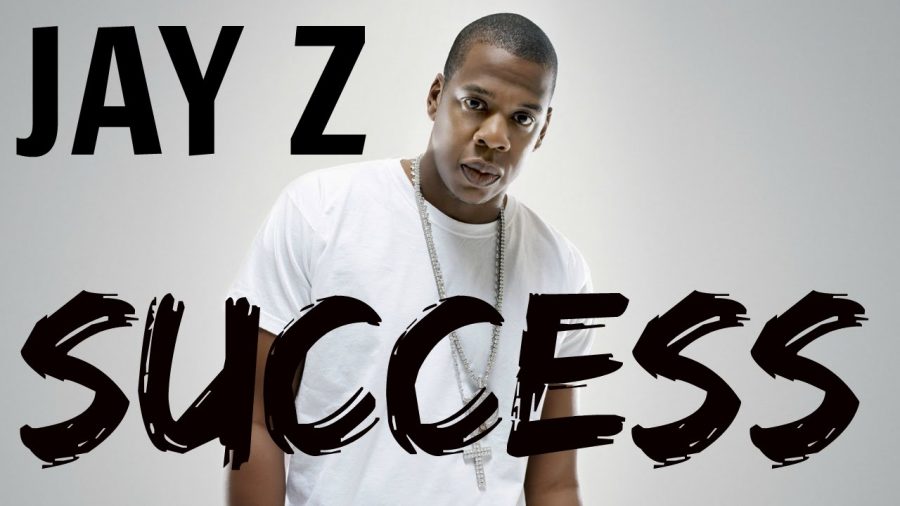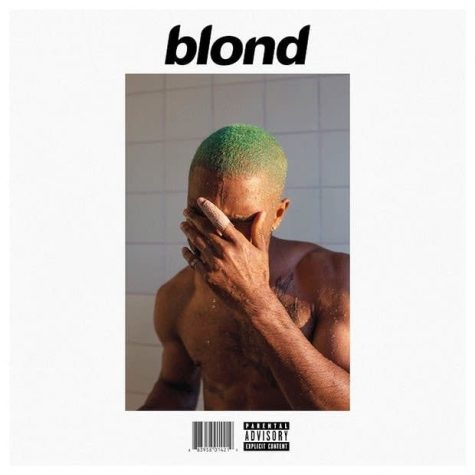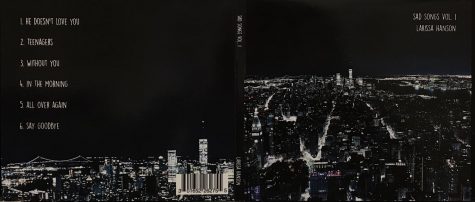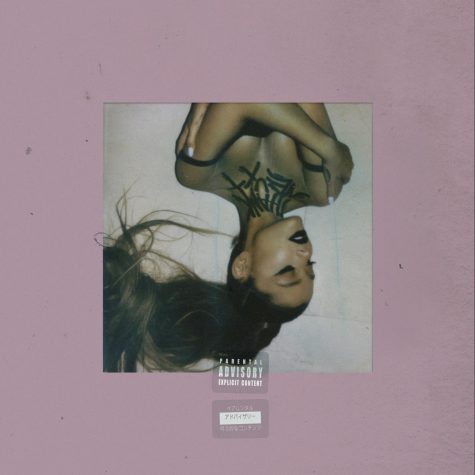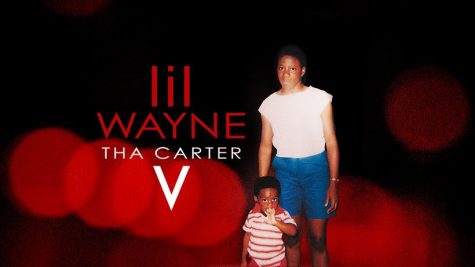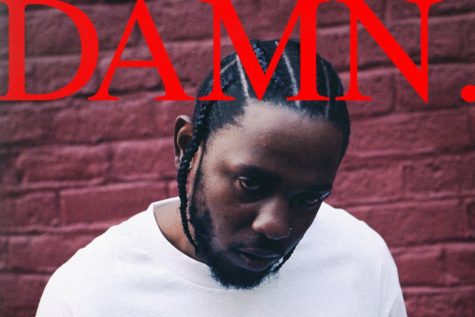Failure, Vulnerability and Redemption: Jay-Z Sells Wisdom on 4:44
“I’m tryin’ to give you a million dollars worth of game for $9.99”
November 17, 2017
Since Magna Carta Holy Grail, I have been Jay-Z’s biggest critic. Despite him being the reason I got into rap music in the first place, that aforementioned album was lifeless and uninspired. 4:44 was that exact opposite. There, he finally addressed his own personal and industry struggles.
With his flawless flow and lavish lyrics, he epitomizes what a rap icon is and should be. However, as he got older, he struggled with adapting–a symptom of aged-fame. Rap belongs to the young, so aging rappers are faced with a decision: change their whole style or attempt to recreate the same feel from their past.
Rap as a genre is still relatively young, so we have not really seen that many rap careers successfully survive “old age.” In a recent GQ interview, André 3000 preaches “For me, hip-hop is about freshness. You can always hop, but you won’t always be hip.” Artists in the second half of their careers usually struggle with matching the output of their past selves. In hip-hop, it’s almost impossible to supersede your youth’s productivity. A key component to successful rap music is ambition. Hunger motivates the youth. There is this desire to be noticed while not being hindered by the downsides of success.
A common theme in debut rap albums is wanting to get out of their current environment. This is a recurring topic on albums like the Eminem’s Slim Shady LP, Jay-Z’s Reasonable Doubt, and The Notorious B.I.G’s Ready To Die. When rappers finally achieve the success they have always dreamt of, the notion of “escaping” their normal lives leaves them, making it relatively difficult to create that feeling again–just like what plagued Jay-Z’s post-“retirement” career. After the Black Album, Jay said he would be retiring for good. This is something that superstars will in attempt in order to cheat time, thinking that ending their career at its peak is easier than fading away. I have never really seen this work successfully for anyone in an entertainment field, with the exception of Rick Moranis. Unless a special situation arises, this approach of quitting while you’re ahead is lazy and, frankly, depressing; failure and age should never scare anyone out of creating art.
The issue that Jay has had since his lackluster return LP, Kingdom Come, is an absence of substantive material. Rap is fueled by experience and self-evaluation, and Jay is one of the most financially and commercially successful artists of all-time. He has had 13 platinum albums and 21 Grammys. With a constant theme of success in his life–being married to Beyoncé, having three children and being widely respected not only in rap but business alike–there is not much he could rap about that would shock the world. How is Jay-Z expected to thrive in a world of ambition when he’s is now the goal that younger generations are chasing? Being put in this paradoxical predicament is what resulted in Jay-Z’s disappointing recent output. From tired lyrics on “Mercedes Benz and braces” to rapping about a lifestyle he very obviously is not involved in anymore, Jay has had trouble finding worthy and “young” content to rap about.
On the album 4:44, Jay finally finds a way to keep his fans interested while providing a new perspective on his life; speaking on his failures. One of the musical pitfalls of rap music is its inability to let men disregard expectations of masculinity. It is widely accepted to make music about promiscuity from a positive standpoint in hip-hop but we have not seen that many takes on cheating’s negative effects. Beyoncé had given us overt hints about Jay’s adultery on her incredible visual album, LEMONADE, but in 4:44, we hear another perspective. One could wonder how Jay-Z even fathomed cheating on the Queen B and now we have an explanation. As he states on the track “Family Feud,” “Yeah, I’ll fuck up a good thing if you let me. Let me alone, Becky. A man that don’t take care his family can’t be rich. I’ll watch Godfather, I miss that whole shit.” From inter-operation, the first half of that bar makes it seem as though Jay-Z’s own psyche and self-image is what resulted in his infidelity. The latter half of the bar implies that he lost his values in a sea of money and fame, but now realizes that none of those things matter without his family, hence the Godfather reference. This album, to me, is Jay-Z trying to warn a younger generation of what can destroy a person and a career.
Jay has been striving for independence his entire career. Whether it was starting his own record label, Roc-A-Fella Records, or creating the streaming service Tidal, he has made it a point to be his own boss. Throughout this entire LP, Jay is drawing us the blueprint to achieve the level of financial freedom he has attained. He does not want the current generation to succumb to the woes of his past. This is apparent on the most polarizing track on the album, “The Story Of O.J.”.
First, he speaks on the aspect of fiscal irresponsibility that has plagued the rap community from MC Hammer to DMX. A huge element to hip-hop culture is the acquisition of immediate assets, like expensive cars and large chains. Jay references this directly in the bar, “I bought every V12 engine. Wish I could take it back to the beginnin’. I coulda bought a place in Dumbo before it was Dumbo. For like 2 million. That same building today is worth 25 million. Guess how I’m feelin’? Dumbo.” The first half of the sequence is an obvious reference to his susceptibility in his younger days to purchase high-end cars rather than investing. The second half is speaking on how he wishes he could go back in time and use his capital to invest in profitable land. These mature economic statements are littered all over this song. Financial safety is not a constant theme in most rap music, so to hear Jay say “ you wanna know what’s more important than throwin’ away money at a strip club? Credit.” was surprising to say the least. He finally goes on to speak on how minorities have thrived in America’s capitalist environment: generational wealth and owning land.
“Financial freedom my only hope. Fuck livin’ rich and dyin’ broke I bought some artwork for one million.Two years later, that shit worth two million. Few years later, that shit worth eight million. I can’t wait to give this shit to my children.” His statement is that they way to solidify the success of your lineage is to have tangible things to sell. Regardless of economic time period, land and artwork will always have value. Essentially, 4:44 is a field guide to financial success in so-called “post-racial” America.
Overall, this LP is a instant classic. There are only a few albums that reach this caliber of critical success in a generation, so the fact that I am alive to experience it in real-time is an honor.
10/10


